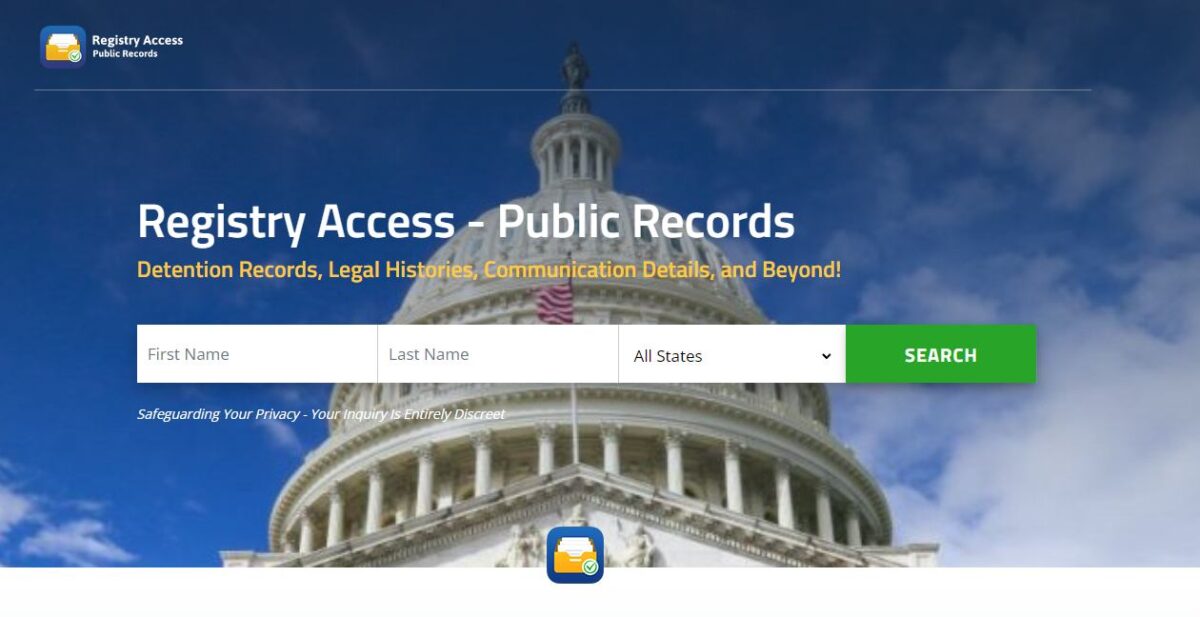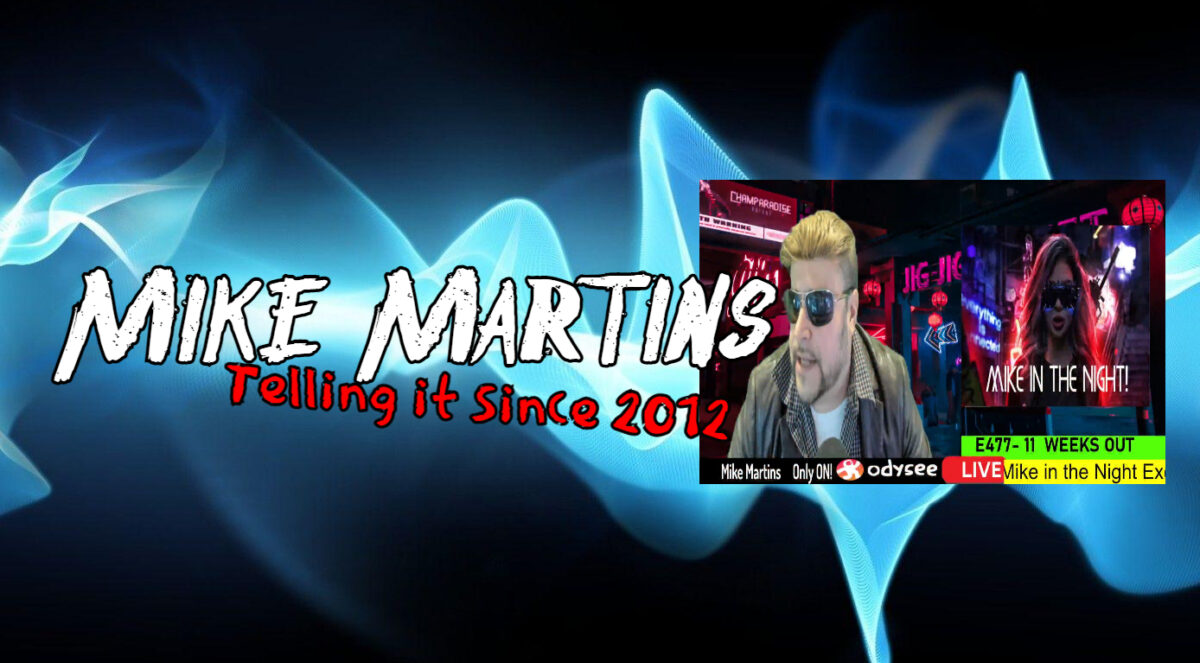[California, 05.11.2023] – Today, the highly anticipated launch of RegistryAccess: Public Records, a game-changing app and website set to revolutionize the way public records are accessed, is officially announced. Now available for download on the Google Play Store and via the RegistryAccess website, this platform is designed to cater to individuals, businesses, and organizations requiring a reliable and efficient method to access public records.
RegistryAccess: Public Records arrives as a significant advancement in the push for open and transparent access to public records, a critical resource in a world where information and privacy are paramount. The platform showcases a user-friendly design and a streamlined interface to transform the process of accessing public records, offering users a quick, secure, and comprehensive solution.
Key Features of RegistryAccess: Public Records
- Extensive Public Records Database
- RegistryAccess: Public Records provides access to a vast database of public records, including court documents, criminal records, marriage and divorce records, and more. This expansive database allows users to conduct thorough searches, ensuring access to accurate and timely information.
- Efficient Search Functionality
- The platform simplifies the search process by enabling users to conduct searches using a name, phone number, or email address. This efficient search functionality eliminates the need for additional information, making the platform accessible and easy-to-use.
- Instant Access to Information
- RegistryAccess: Public Records leverages cutting-edge technology to analyze and present relevant information from its comprehensive database. Users receive immediate results, providing them with quick access to vital public records.
- Secure and Confidential Searches
- Privacy and security are of utmost importance at RegistryAccess: Public Records. The platform uses industry-standard security measures, like SSL encryption, to safeguard user data and ensure confidential and secure searches.
- Customizable Search Filters
- RegistryAccess: Public Records offers customizable search filters, such as location and date range, allowing users to refine their search results and find the most relevant information.
- User-Centric Interface and Design
- The platform’s intuitive design and user-friendly interface make it easy for users of all experience levels to navigate and access public records efficiently.
- Responsive Customer Support
- RegistryAccess: Public Records is committed to providing outstanding customer support. The team ensures users receive timely assistance via in-app chat or email.
- Free Access to Public Records
- RegistryAccess: Public Records is available for free download on the Google Play Store and via the RegistryAccess website, providing users with free access to its extensive range of features and services.
Shaping the Future of Public Records Accessibility
RegistryAccess: Public Records is poised to reshape the landscape of public records access by offering a secure, efficient, and transparent platform. The service empowers users to make informed decisions based on comprehensive and timely information.
With the increasing demand for open and transparent access to public records, RegistryAccess: Public Records stands to become a pioneer in the field. The team behind the platform is dedicated to continually enhancing the services and features offered, ensuring users have access to the most advanced solutions available.
Upcoming Features and Updates
In the coming months, the RegistryAccess: Public Records team plans to introduce additional features and updates, including integration with other popular information services and ongoing updates to the database for the most accurate and current information. These updates will further enrich the user experience and solidify the platform’s position as a leader in the field of public records access.
For more information on RegistryAccess: Public Records or to download the app, visit the Google Play Store or the RegistryAccess website today.


